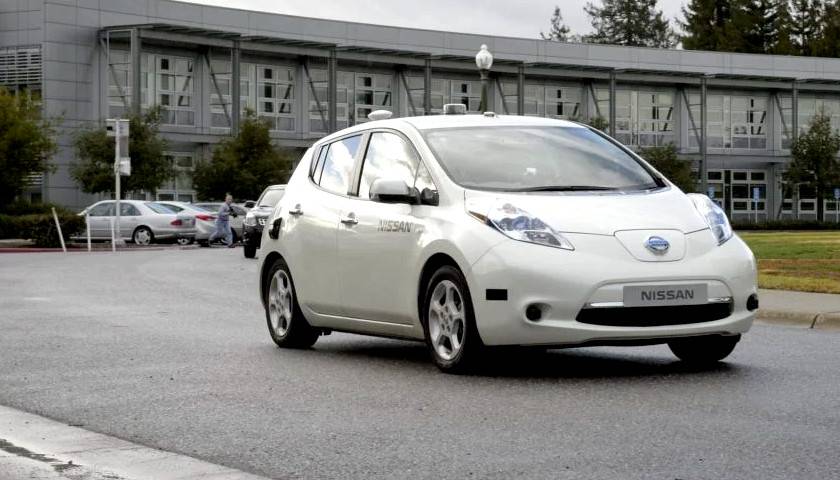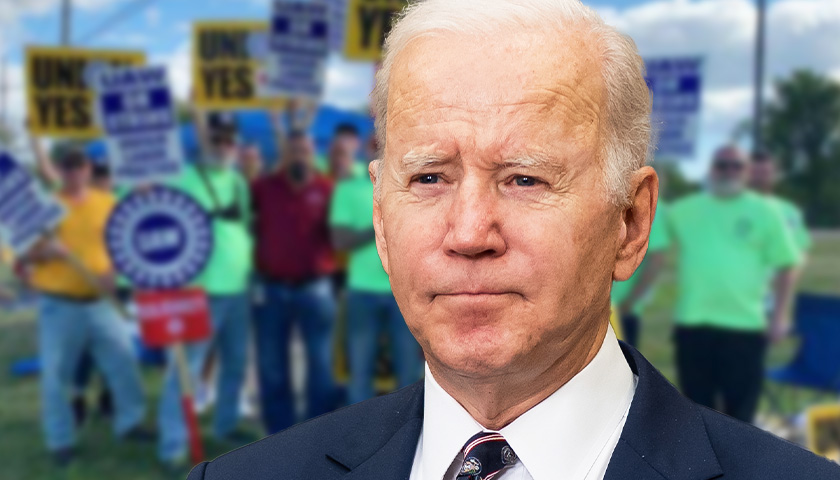British luxury carmaker Bentley Motors is pushing back its plans to have an all-electric vehicle (EV) offering by 2030, following other top vehicle manufacturers, according to CNBC.
Bentley had originally planned to transition all of its vehicle sales to EVs by 2030 but announced that it would be looking to delay that change by a couple of years, continuing to offer hybrids through that time, CEO Adrian Hallmark said in a media briefing following the company’s fourth quarter results, according to CNBC. General Motors, Ford, Mercedes-Benz and Honda have all backed off of previously made EV goals in the past year as low demand and high costs have stifled the commodity’s profitability compared to traditional vehicles.
Read More



















